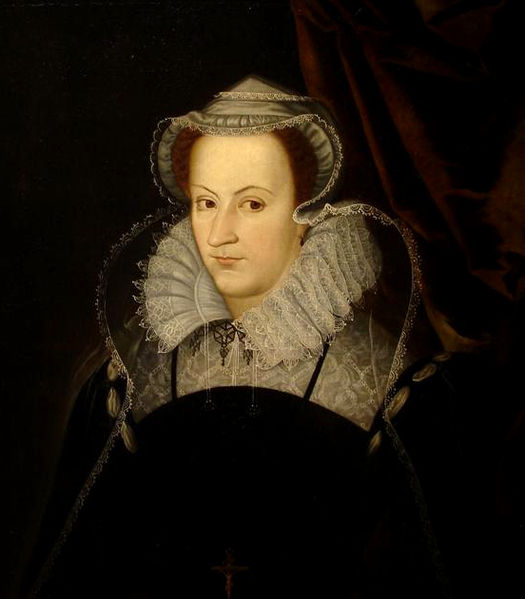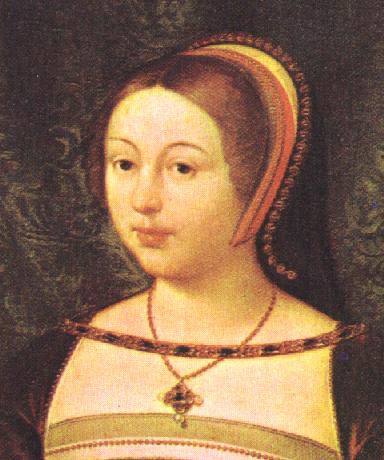 On this day in history, 3rd December 1536, a proclamation was made to the rebels of the Pilgrimage of Grace offering them a pardon. It read:
On this day in history, 3rd December 1536, a proclamation was made to the rebels of the Pilgrimage of Grace offering them a pardon. It read:
"Proclamation of the King's pardon to the rebels of the different districts, viz. : That those of Yorkshire, with the city of York, Kingston upon Hull, Marshland, Holdenshire, Hexham, Beverley, Holderness, &c., on their submission to Charles duke of Suffolk, president of the council and lieutenant general in Lincolnshire, at Lincoln or elsewhere that he may appoint, shall have free pardons granted to them under the Great Seal without further bill or warrant or paying anything for the Great Seal. Richmond, 3 Dec., 28 Henry VIII."
The same proclamation was also made in "Northumberland, Cumberland, Westmoreland, York, city of York, bishopric of Durham, &c., and in the parts north of Lancaster, on their submission to Henry earl of Cumberland".
Henry VIII had also consented to the rebels' demand for a free Parliament to be held at York. The rebellion dispersed, but a further rebellion led by Sir Francis Bigod broke out in Yorkshire. Robert Aske tried to prevent it but Bigod went ahead. Bigod’s Rebellion failed and Bigod was arrested. Robert Aske and other men involved in the Pilgrimage of Grace rebellion – such as Lord Darcy, Thomas Percy and Robert Constable – were arrested, convicted of treason and executed.
You can read more about the Pilgrimage of Grace rebellion in the following articles:
- What's in a name?: The Pilgrimage of Grace by Stephanie A. Mann, Tudor Life Magazine
- The Pilgrimage of Grace by Sarah Bryson
- The Pilgrimage of Grace Timeline
- 12 July 1537 – The execution of Robert Aske
- 20 October 1536 – The Surrender of Pontefract Castle
- 4 October 1536 – The Lincolnshire Rising
Notes and Sources
- Letters and Papers, Foreign and Domestic, Henry VIII, xi. 1235.



My ancestor a William Ombler, leader of the South Holderness Horse, in the rebellion, was refused a pardon and subsequently executed outside of the walls of Hull in 1536/7. I am trying to find more details of him and was wondering if the Tudor Society had any record of interest?